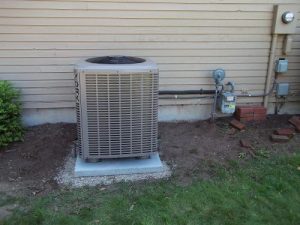While proven results and good data have been realized in tests, the ongoing saga of smart meter technology integration into power grids and systems continues. Most are on board with the idea and support it fully because they realize the potential savings and education that can be gained from implementing the technology. However, there are still some opponents to the use of smart meters in the home, as they still think this type of monitoring is a violation of privacy and safety.
Just to recap, smart meters and smart grid technology are data gathering monitors placed within the current energy grid to monitor the use of energy, manage power allocations to specific homes or appliances, and pinpoint power outages as they happen. The Department of Energy and utility companies have been strong proponents of the technology, as they voice the potential energy savings and utility efficiencies that this type of data presents.
The technology also has much support from consumers who think the benefits far outweigh the potential privacy or regulatory risks. However, as mentioned above, there are still some consumers and groups who are fighting strongly against the integration of these systems.
Some opponents say that because they run on often-unreliable wireless networks, they may be less accurate than is led on. Most opponents agree that these always-on meters are unnecessarily intrusive, as they are constantly monitoring what each home is consuming with regards to energy and when they are consuming it. One group, called Stop Smart Meters, has developed a site and activist network to fight against smart meters, mainly by educating the public on their opposing views to this type of monitoring and data collection.
There are also other concerns being raised around safety and even health risks that may be presented by smart meters. Many have concerns that the hacker culture we’ve come to hear about through internet-related news stories will reach this type of connected technology. If that were to happen, there would be some safety issues with regards to gathering insight into private data and information that almost all people want to keep from being released or stolen. Others have sited health risks associates with wireless radiation being always present in their homes. While this is of less concern to many who already have many wireless devices and connections in their home, many still feel this could present risks and don’t want to be forced into that exposure.
Because these concerns are still being voiced and debated, regulators are still approaching mass-scale smart meter implementation with caution. Even in areas where the smart grids are in place, regulators have enacted broad education plans to let consumers know about the technology. We’ll keep monitoring the smart meter story and provide ongoing updates when they happen right here on the BelRed home energy blog.







